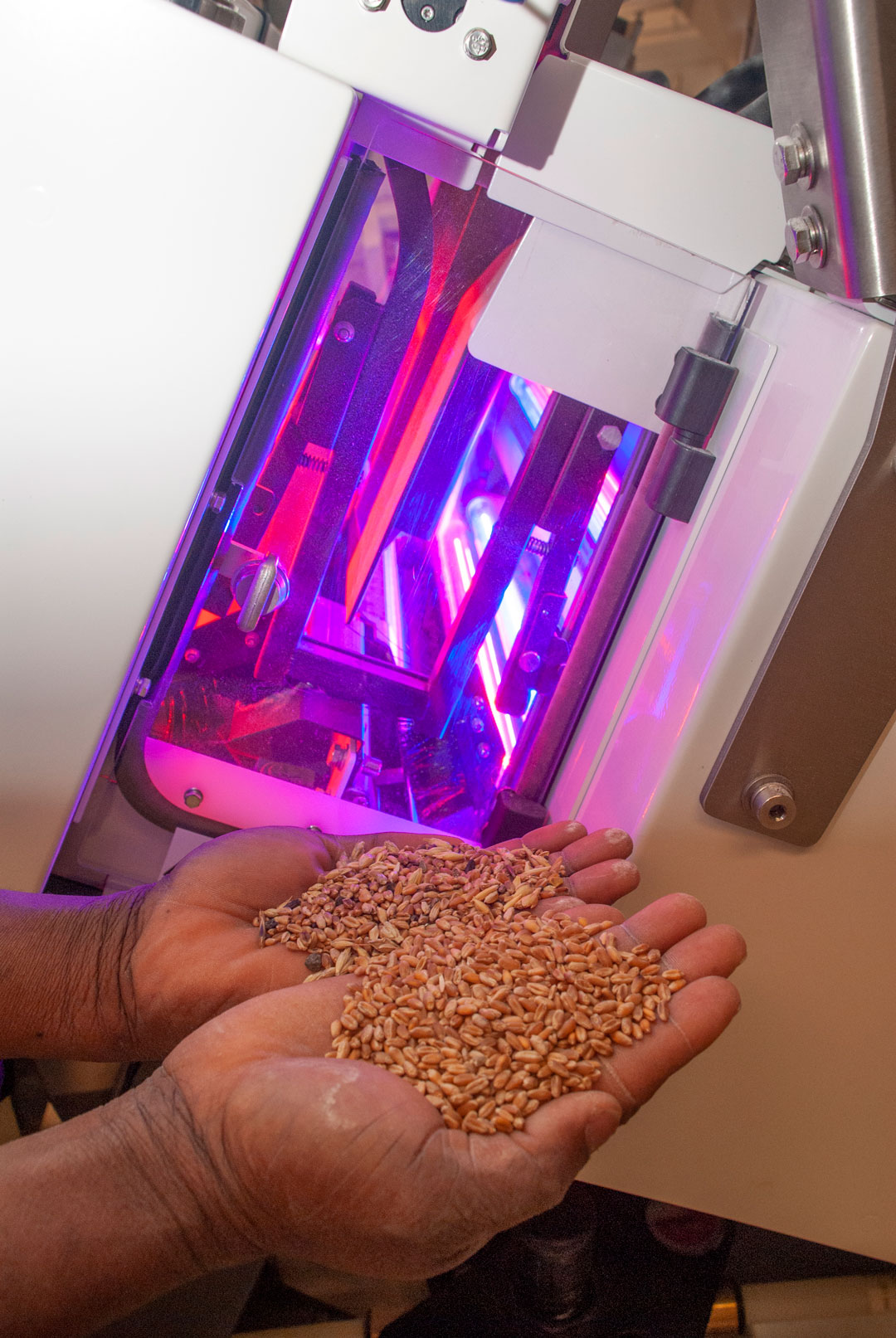AG’S NEXT POLICY FRAMEWORK
POLICY PILLARS OF CANADIAN AGRICULTURAL PARTNERSHIP INCLUDE FOCUS ON SUSTAINABILITY AND BUSINESS RISK MANAGEMENT
BY ALEXIS KIENLIN
During the July 19-21 annual meeting of federal, provincial and territorial ministers of agriculture in St. John’s, NL, the ministers reached consensus on the makeup of the successor to Growing Forward 2, which is now drawing to a close.
The Canadian Agricultural Partnership (CAP) is a five-year policy framework for Canada’s agriculture and agri-food sector. Growing Forward 2 will expire March 31, 2018, and CAP, which had the working title “next policy framework,” will be implemented on April 1, 2018. Growing Forward 2 focused on innovation, competitiveness and market development, giving farmers the tools required to innovate and seize emerging market opportunities.
“Federal, provincial and territorial governments are working hard to develop the next policy framework and have committed to continuity in programming,” said Patrick Girard, senior media relations officer with Agriculture and Agri-Food Canada (AAFC).
“Innovation and public trust are key elements this time around,” said Tulay Yildirim, director of policy research partnerships at the Canadian Agri-Food Policy Institute, before the ministers’ July agreement was announced. “I would say that the inclusion of sustainable environmental policy as a key element is probably one of the most distinguishing aspects of the next policy framework,” said Yildirim.
CAP represents a five-year, $3-billion investment designed to strengthen the agriculture, agri-food and agri-based products sector. Farmers will continue to have access to business risk management programs, including crop insurance, Agristability and AgriInvest, which make up over 80 per cent of the policy funding framework. Notable for provincial crop commissions is the funding levels for cost-shared research programs such as the national wheat and barley clusters.
Following its July meeting, AAFC stated that CAP will focus on six areas. These include utilization of scientific research and innovation, development of new markets and improved competitiveness, as well as supporting value-added agriculture and agri-food processing. While its risk management component will target resiliency in the agricultural sector, it will also seek to reduce greenhouse gas emissions and promote sustainable growth, higher yields and climate change adaptation. CAP will also tackle public trust in farming by addressing industry regulations as well as assurance and traceability systems.
The creation of CAP included extensive consultations with industry and the Canadian public. The federal, provincial and territorial governments have also committed to conducting a review to explore opportunities to improve business risk management programming. The review will look at the AgriStability, AgriInvest and AgriInsurance programs, which are cost-shared with the provinces, and their impact on the risk management of farmers across the agricultural sector.
Yildirim has participated in consultation meetings with stakeholders in the past and has seen how policies can evolve. She expects CAP to evolve in the same way.
“Stakeholders usually seem to be satisfied with many elements of Growing Forward 2, and they are also expressing quite a bit of interest in furthering sustainability goals—because that is also becoming a requirement of the markets now, and consumers are seeking more information on food, the quality of food and production practices,” she said.
The agreement reached by the ministers on CAP sets the stage for the federal, provincial and territorial governments to begin crafting bilateral policy agreements and settle on them by April 1, 2018.







Comments